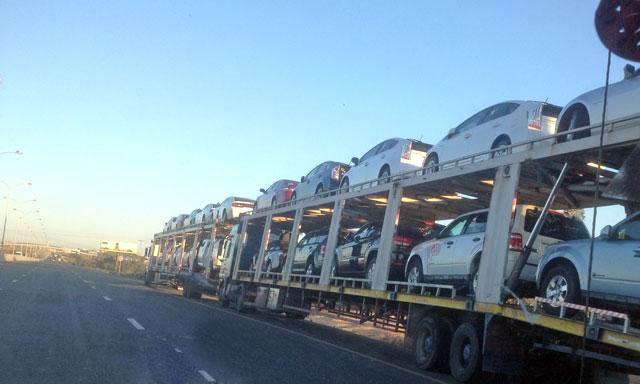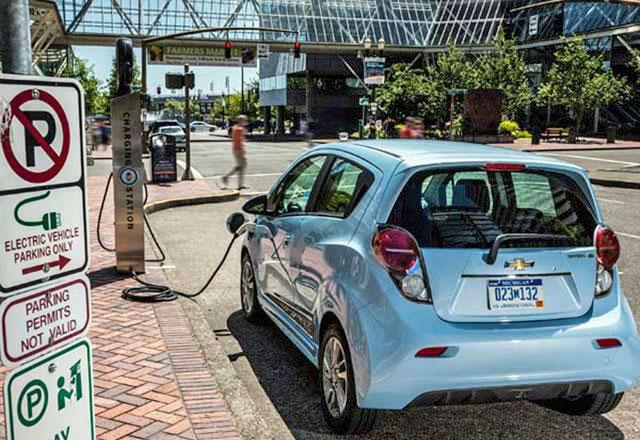You are here
Free zones sector on recovery path after lockdown — investors association
By Bahaa Al Deen Al Nawas - Jul 11,2020 - Last updated at Jul 11,2020

In June of 2020, vehicles cleared for entry to the local market recorded around 40 per cent increase compared with June of 2019, according to the Jordanian Free Zones Investors Association (File photo)
AMMAN — While the coronavirus crisis has hit many sectors, which still struggle to recover from the impact of business closures during the lockdown, an official at the free zones sector reported “good recovery” as it picked-up after the government’s ease of lockdown measures.
“The situation is excellent, and we were surprised to see such a quick recovery, sales and figures in the local market are really good, as well as exportation,” President of the Jordanian Free Zones Investors Association (JFZIA) Mohammaed Bostanji told The Jordan Times on Saturday over the phone.
From June 1 to June 30, Bostanji said the figures regarding cleared vehicles into the local market were “surprisingly good”, but he could not divulge exact numbers as calculations are still in progress.
Nonetheless, Bostanji said in June of 2020, vehicles cleared for entry to the local market recorded around 40 per cent increase compared with June of 2019, while export figures are similar in the same comparison period.
He attributed the recovery to the government’s executive bundles launched starting from October last year, noting that the exemptions announced at the time have reflected on all types of vehicles: Fuel, diesel, hybrid and electric.
Moreover, Bostanji said that after the opening of economic sectors, free zones have "performed better" than the period from January 1 to mid-March when the crisis and lockdown measures started.
During a panel discussion the government held at the end of November to announce the second bundle of the government's comprehensive plan to stimulate the economy, Finance Minister Mohamad Al-Ississ announced that the government had lowered taxes on electric vehicles.
As for the weight tax, Al-Ississ at the time said that it was previously based on the vehicle's weight alone, which was "unjust", as someone buying an old model would have to pay the same taxes as someone buying a new model with the same weight.
Thus, the government abolished the weight tax and replaced it with a separate 4 per cent tax imposed on the estimated value of the vehicle.
Related Articles
AMMAN — The volume of clearance and re-exports of vehicles in the Zarqa free zone increased twofold in June, President of the Jordanian Free
AMMAN — The number of electric cars being cleared out of the Free Zone has dropped to no more than 50 cars a month, compared with 700-800 ca
AMMAN — The Treasury’s accumulated losses from the free zone customs fund of vehicles between the beginning of 2016 and June 30, 2019 stood

















